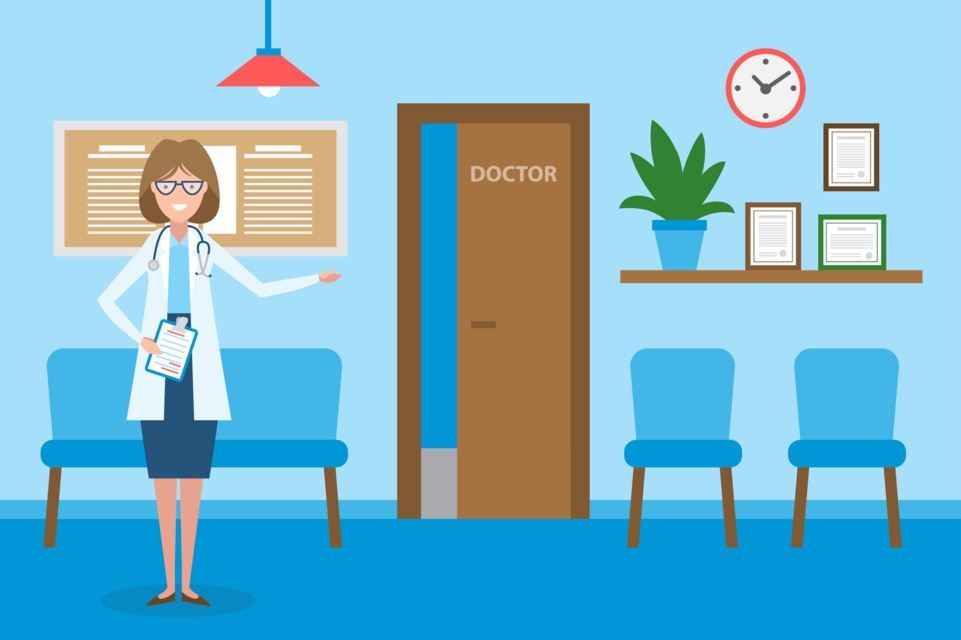Article
“I will survive.” A solo practitioner’s story.
“At first, I was afraid, I was petrified. I kept thinking I could never live without you by my side…” so the song goes. That is sort of how I felt when my associate told me she was leaving.
(©ArtinSpring,AdobeStock)

Dr. Melissa Young

“At first, I was afraid, I was petrified. I kept thinking I could never live without you by my side…” so the song goes. That is sort of how I felt when my associate told me she was leaving.
At the time, she asked me not to be mad. I wasn’t. There was no point in being mad. She also said I was taking it better than she thought I would. I couldn’t be emotional at that point. I couldn’t be upset with her, nor could I wallow in self-pity. My mind immediately turned to the task at hand. How do I make this transition manageable?
Now, I find myself well into month two of solo practice. The office has been incredibly busy and the schedule is more than full. I see a few more patients each day. I have had to stay later than usual in order to respond to phone calls and paperwork, but I have learned to delegate more and now, my staff makes some of the calls. It really hasn’t been as bad as I thought it would be. With fewer patients and slightly fewer expenses, there is less to supervise (but I have discovered that I probably should have been more diligent with the supervision of documentation).
I do wish that people would stop talking to me as if I was recently widowed or as if I was a survivor of a horrible tragedy. “Hey, how are you holding up?” “Are you doing OK?” “It must be really hard for you right now.” I really and truly am doing OK and no, I am not looking for another physician to join the practice right now. “But you don’t want to work 365 days a year! You’ll burn out!” I know, but I have someone to cover for me if I do decide to go away, regardless, I can’t right now. I have kids in school and they usually have activities on the weekends, so it’s not like I’d be jet-setting if I had a partner. The truth is I rarely traveled when I did have an associate.
My biller is going to look at our current payor contracts to determine if some should be dropped. Since I am no longer taking new patients (except for hospital patients who follow-up), I figure that over the years, I’ll lose some patients by attrition anyway. It seems as if each week a patient tells me that they are leaving New Jersey for a warmer and less expensive place to live. Maybe then I can start cutting back on hours.
Solo practitioners who read my last post in Endocrinology Network tell me they wouldn’t do it any other way. Some have been in solo practice for 10-15 years. I am hoping that I can continue working as I am for a few more years. Until then, as the song says: “I will survive.”




